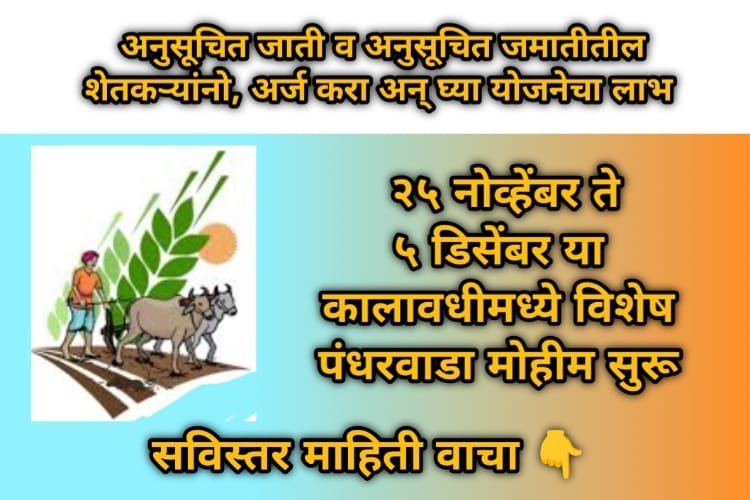Breaking News : Sunita Khutade, who spends 10 hrs a day to get four pots of water.
If Sunita Khutade is not up at 4am every day, her whole day collapses around her. After a quick fresh- en-up before the first light of dawn, she rushes about collecting the two kalshis (pots), stuffs her feet into slippers, and walks briskly to a water source just outside her hamlet.
She descends to the small pit with wa ter that can only be scooped with a flat dish, but an old woman who slept overnight at the spot has beaten her to it and the water that trickled from an aquifer into the pool is gone. Sunita must wait for it to fill up again which can take an hour.
But she is patient, even resigned. An hour later, she fills half a pot and heads home as other latecomers arrive to fill their pots. She parks it at home and heads out again to water holes in the nearby forest.
 |
Sunita’s story is that of every woman in Jambunpada, a hamlet of 200 people in the hills around 80km from Nashik.
She spends at least 10 hours every day look be there first. ing for water, which includes walking for four hours across sources and waiting for six hours for the trickle to fill her pots. “My entire day for the last 11 years has revolved around water. We race against each other to these pits, run around, climb the hill through shortcuts, sleep there to book a place- it’s exhausting.” Sunita says as she lights the fire to make tea for her husband. Her two daughters are asleep but will join their mother’s water hunt when they wake up.
Later in the day, Sunita braves 40-degree Celsius temperature to go to Jambunacha zeera, a nearly dry stream. It is a 45-minute this pool. walk downhill. Here, she fills up two buckets of murky water which she will filter and use for cooking lunch. “We prefer the nearest water source despite the long wait because group says. other places are far away and going alone in the forest is risky at dawn and late in the night.” she explains.
Back home after a long walk with her daugh ters, Sumita gets busy in the kitchen. “I cook party on a dusty trail. food with whatever water I get in the morning. We mix the water from the washed utensils with cow dung to coat the flooring and for plants.” ily to drink.
Her parents in Kathwadpada, which is 8 km away, have a big well and she never had to strug gle for water till she got married and came to Jambunpada. “I will make sure there is enough water where my daughters get married,” says Sunita as she winnows the rice.
Bathing and washing clothes are a luxury in Jambupada. For that, Sunita has to walk three km downhill to a nearly dry river under a blazing late afternoon sun.
Back from the river, Sunita quickly dries her clothes, grabs her two kalashis and dashes towards another pit in the forest called Amb
DAILY STRUGGLE: Sunita and her sister tackle risky terrain while carrying filled pots. (Below left) Scooping up water from a shallow pool that takes hours to fill
hecha zeera. It takes her 45 minutes to reach the spot and an hour to fill up and she wants to
“Last month, my brother and his daughter were visiting. I had to tell him not to stay over night. Two extra people mean an additional four pots. I don’t mind fetching it but there is no water,” Sunita says, as she completes the climb and reaches Ambecha zeera.
As the other women arrive, they crack jokes at Sunita’s quick hike, and the group bursts into laughter. Everyone waits for their turn in the fading sunlight surrounded by thick for ests along the slope of a stream that is a trick- le. Leopards, hyenas and wild boars also visit
During their long wait, the conversation is never about water. “We don’t talk about what we can never have,” a woman from the
At 8.30pm, when everyone has filled up at least one pot, the women walk towards the vil lage balancing a kalashi on their heads in the light of LED torches. They look like a search
Back home, Sunita is glad she has two pots of clean water to cook dinner and for her fam
While putting her daughters Saraswati and Deepali to sleep she repeats her promise of go- ing to her parents’ house for a few days to get away from the search for water.
Jambunpada falls silent by 10pm except for the distant chatter of a group of youths watch ing reels standing on a rock. It’s the only place where there is mobile network.
As Sunita calls it a day, her mind is already working on planning the next one just a few hours away: She tells herself to wake up at 3am so that she can be the first at the pit and start her day with a pot of clean water.







Leave a Reply